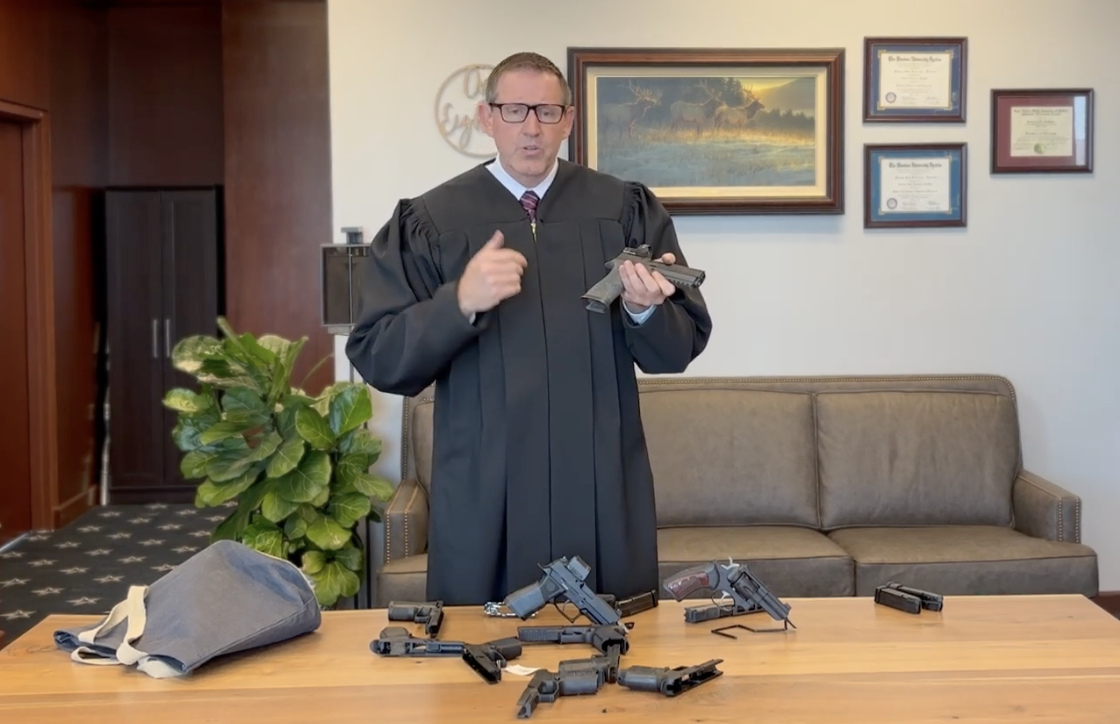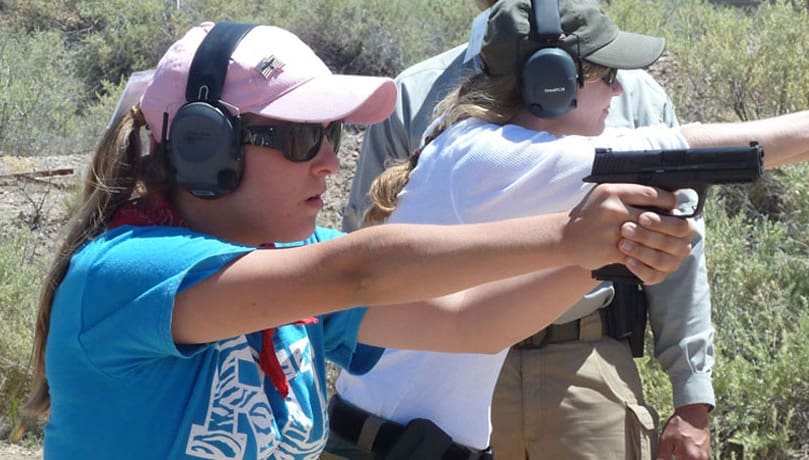Yesterday the three-judge panel of the Fifth Circuit Court of Appeals ruled that the ATF is likely to lose when the lawsuits challenging their pistol brace ban are fully heard and left the injunctions blocking enforcement in place. ATF zigged and zagged on the use braces for years. A number of injunctions have been issued by lower courts, in effect agreeing that the plaintiffs are likely to prevail on the merits.
Here’s a choice snippet from the Fifth Circuit Court of Appeals ruling yesterday in Mock v. Garland, the suit challenging the ATF’s pistol brace ban:
Under the Final Rule, it is nigh impossible for a regular citizen to determine what constitutes a braced pistol, and outside of the sixty contemporaneous adjudications that the ATF released, whether a specified braced pistol requires NFA registration. Various AR pistols without a recognizable “brace” may fall into the strictures of the Final Rule. Such an owner may not be on notice that his firearm is subject to criminal penalties without registration.
Nor does the ATF bother to clarify the matter. The agency maintains that its six-factor test objectively assesses “design features common to rifles.” … But it simultaneously declares that the objective criteria given to assess certain factors “are not themselves determinative,” and that adjudications are made “on a case-by-case basis.”
Predictably then, the six-part test provides no meaningful clarity about what constitutes an impermissible stabilizing brace. The ATF did not provide explanations with its contemporaneous adjudications that certain weapons and platforms with stabilizing braces were SBRs under the Final Rule, nor did the ATF provide a single example of a stabilizing brace with a handgun that would be permitted under the Final Rule. Nor is the Final Rule even logically coextensive with the examples provided in the Proposed Rule.
That was, of course, intentional on the part of the ATF. Examples lead to clarity and clarity means the agency doesn’t have wide latitude it likes to wield in when, how, and against whom they enforce their regulations. Here’s a press release FPC issued last night . . .
Today, Firearms Policy Coalition (FPC) and FPC Action Foundation (FPCAF) announced that the Fifth Circuit Court of Appeals has ruled in Mock v. Garland, finding that FPC and FPCAF are likely to win on the merits of their lawsuit challenging ATF’s pistol brace rule. The Fifth Circuit also remanded the lawsuit back to the district court with instructions to reconsider the other preliminary injunction factors within 60 days. The opinion can be viewed at FPCLegal.org.
“The ATF incorrectly maintains that the Final Rule is merely interpretive, not legislative, and thus not subject to the logical-outgrowth test,” writes Judge Smith in the Court’s opinion. “The Final Rule affects individual rights, speaks with the force of law, and significantly implicates private interests. Thus, it is legislative in character. Then, because the Final Rule bears almost no resemblance in manner or kind to the Proposed Rule, the Final Rule fails the logical-outgrowth test and violates the APA.”
The Court goes on to state: “To ensure relative stability, we MAINTAIN the preliminary injunction pending appeal that the motions panel issued on May 23, 2023, as clarified by this merits panel on May 26, 2023. This court’s injunction will expire 60 days from the date of this decision, or once the district court rules on a preliminary injunction, whichever occurs first. We direct the district court to rule within 60 days.”
“Said in its simplest terms, the Fifth Circuit just indicated that the Plaintiffs–Firearms Policy Coalition, Maxim Defense, and FPC’s individual members–are likely to defeat ATF’s pistol brace rule when the merits of this case are finally heard,” said Cody J. Wisniewski, FPCAF’s General Counsel and FPC’s counsel in this case. “This is a huge win for peaceable gun owners across the nation, a huge win for FPC’s members, and yet another massive defeat for ATF and this administration’s gun control agenda.”
Individuals who would like to Join the FPC Grassroots Army and support important pro-rights lawsuits and programs can sign up at JoinFPC.org. Individuals and organizations wanting to support charitable efforts in support of the restoration of Second Amendment and other natural rights can also make a tax-deductible donation to the FPC Action Foundation. For more on FPC’s lawsuits and other pro-Second Amendment initiatives, visit FPCLegal.org and follow FPC on Instagram, Twitter, Facebook, YouTube.








